Resistant to Water, Stains, and Scratches
The water resistance of vinyl flooring makes it an ideal option for humid environments such as kitchens and bathrooms. However, we often forget how wet an entryway can actually get. Anything from dripping umbrellas to muddy sneakers can leave a foyer soaking. This is why vinyl is also a great choice for entrance areas, with an advantage over laminate and hardwood floors which aren’t as waterproof. Vinyl additionally has stain and scratch-resistant properties which allow it to protect the entrance from heavy foot traffic.
Insanely Durable
In addition to being resistant to scratches, vinyl flooring — specifically planks — is known to be extremely durable and can almost last a lifetime. As a matter of fact, a lot of vinyl plank manufacturers will even provide a lifetime warranty for their products. In terms of longevity, this material can actually compete with hardwood flooring; and unlike most wooden floors, it is impervious to termites.
Easy to Clean and Maintain
Vinyl is among the easiest flooring materials to clean and maintain. A damp piece of cloth is mostly what you’d need to clean up mud and dirt brought in from outside. Also, regularly vacuuming and sweeping the vinyl floor in your entryway is usually enough to keep it spick and span.
Affordable
Costing between $2 and $5 per square foot, with installation and all, vinyl flooring is a steal — as opposed to hardwood which has a bigger flooring price tag of $10 per square foot on average. Bear in mind that vinyl is also cheaper to clean and maintain than other flooring materials. And if your budget is really tight, you may find an economical option in sheet vinyl.
Easy to Install
The vinyl flooring industry has seen a great deal of development over the years, resulting in a product that’s easy to install. Compared to the unwieldy sheets that vinyl was once available in, the tiles and planks you see today are DIY-friendly and don’t require any hammering, sawing, or adhesives. Whether you’re going for luxury vinyl tiles (LVT) or sheet vinyl (also known as vinyl rolls), the DIY installation method is fairly quick and simple. Many of today’s brands offer a self-adhesive vinyl that you can simply press onto a clean and dry subfloor.
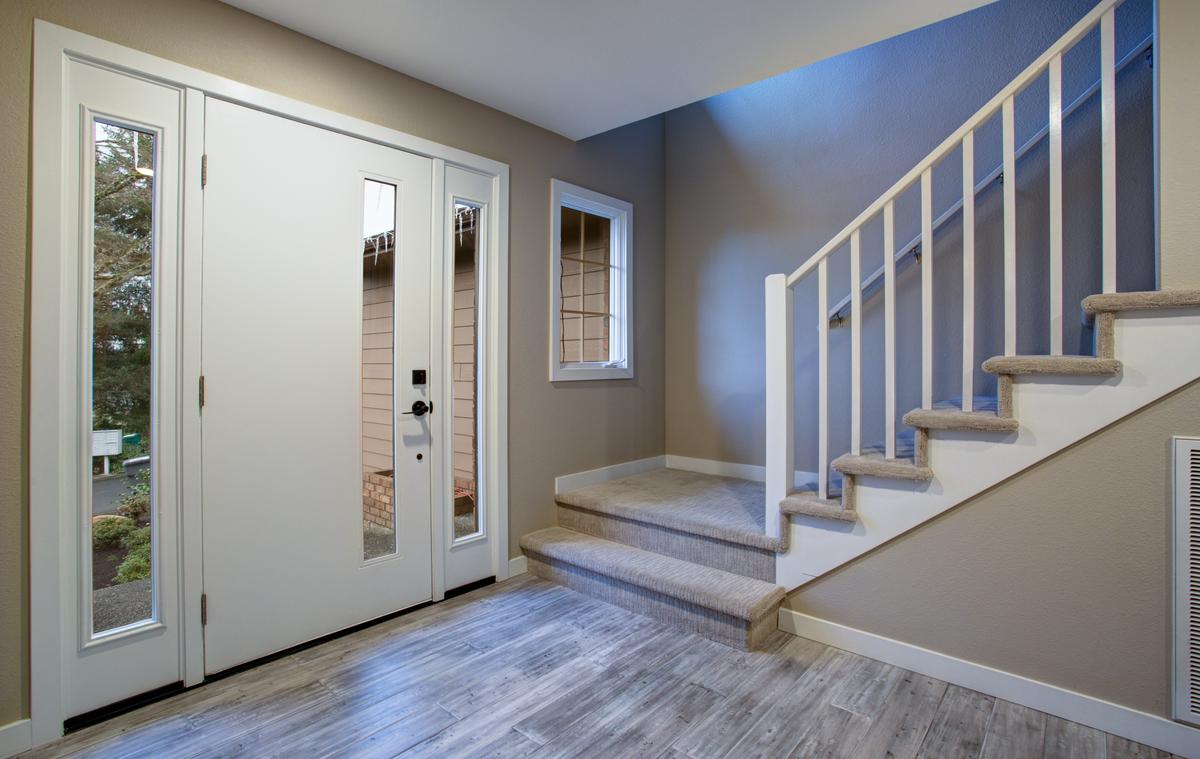
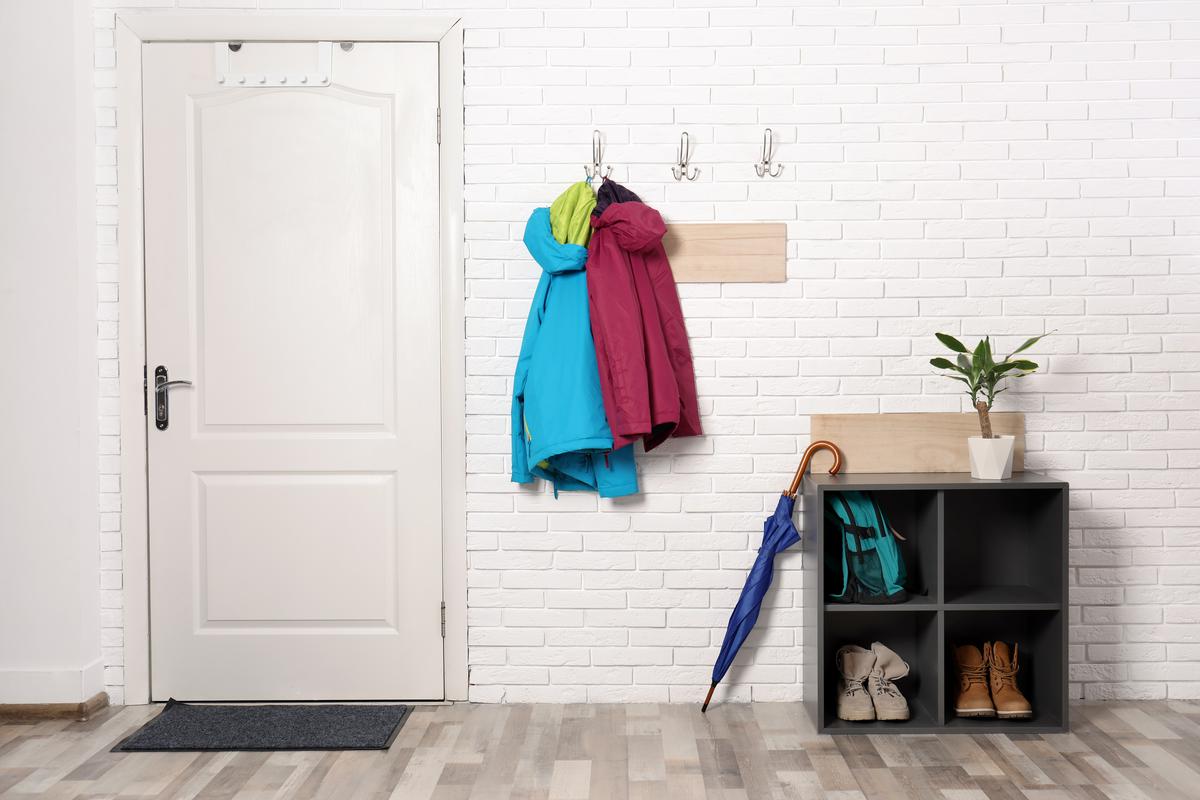

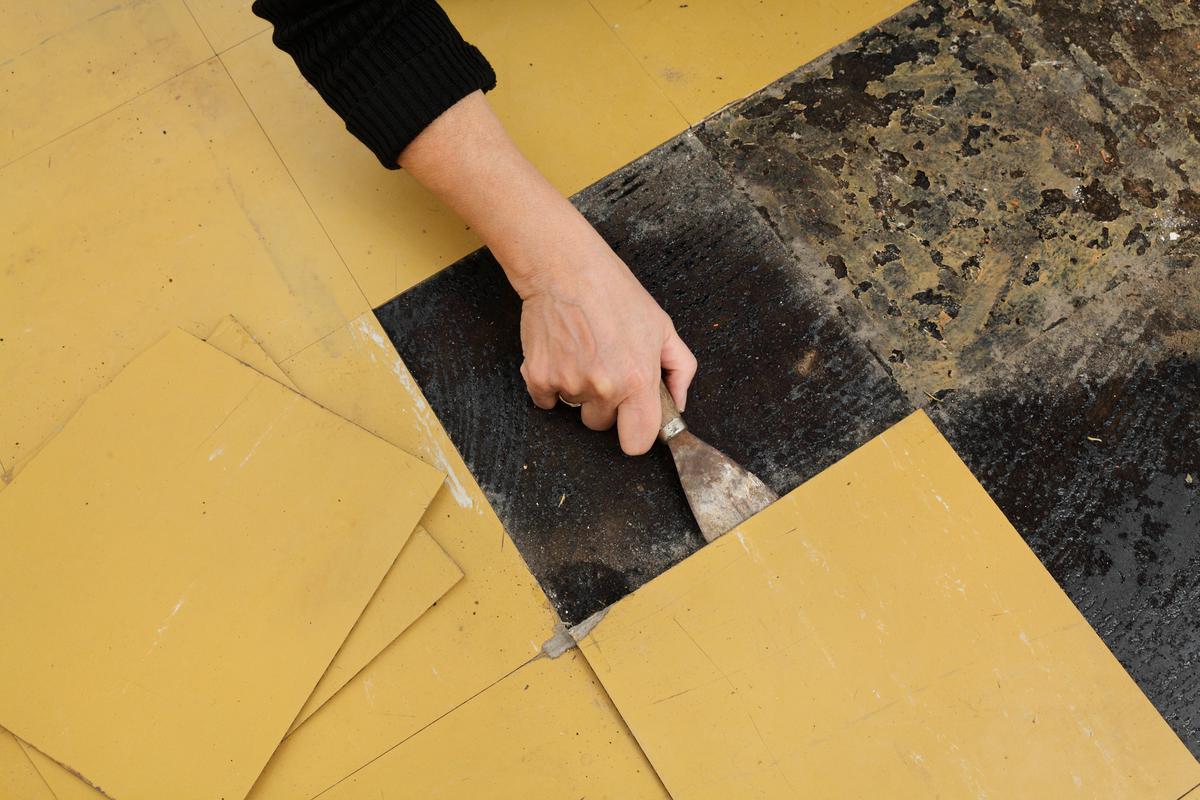
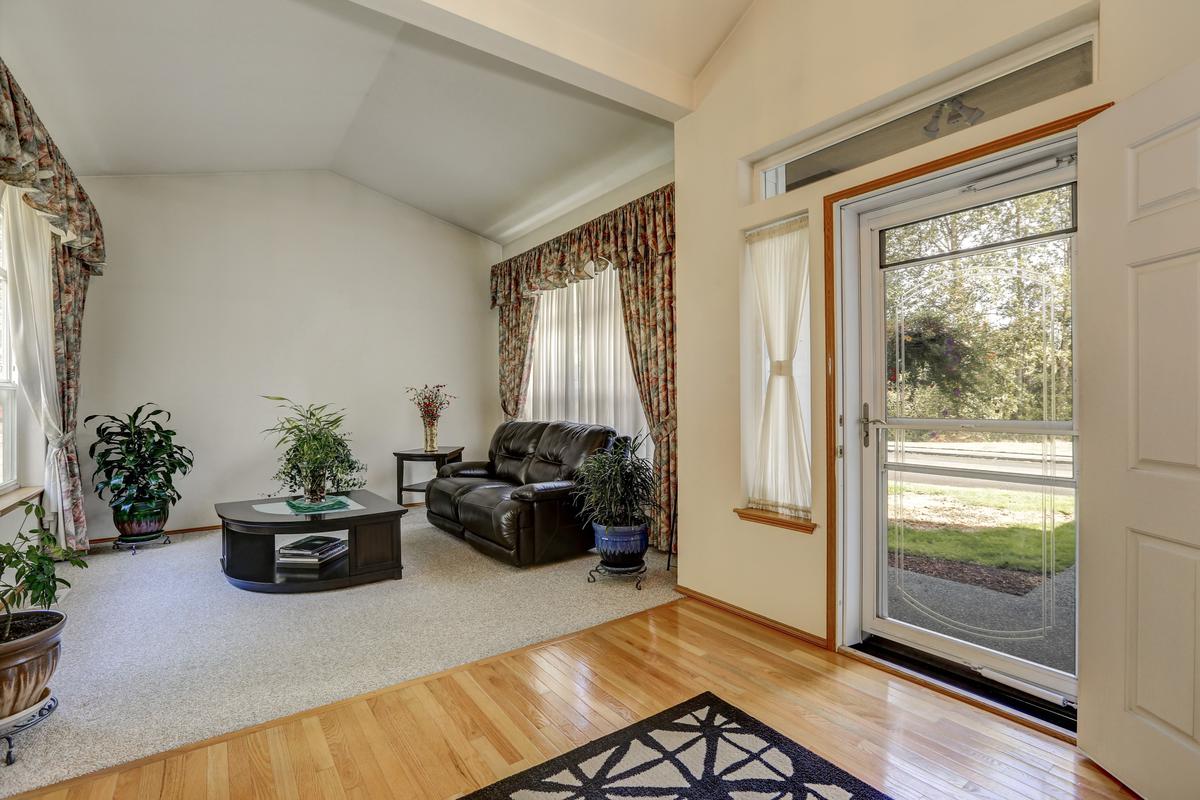
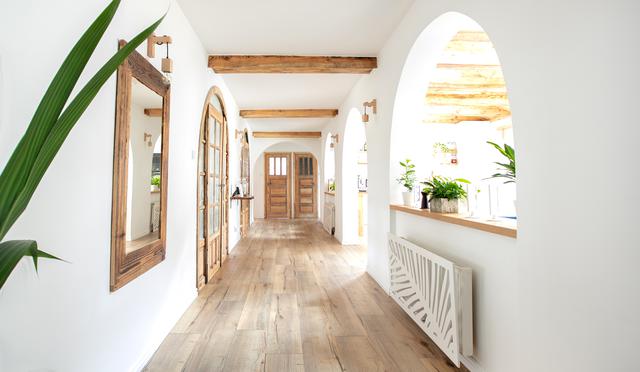
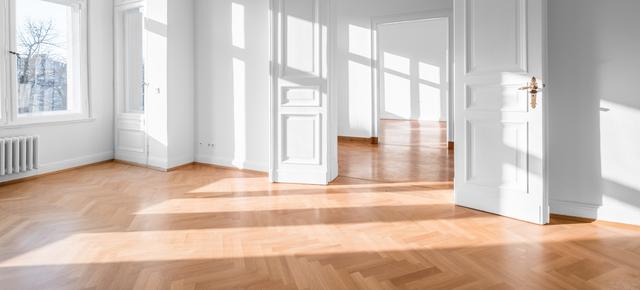
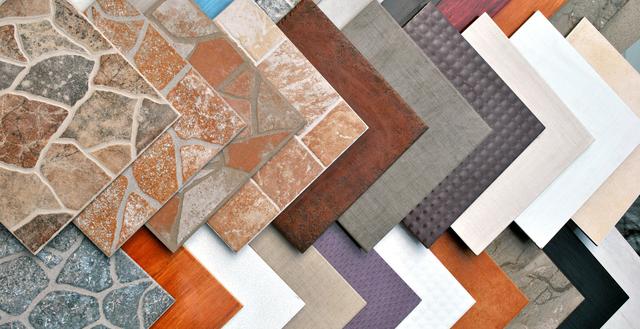
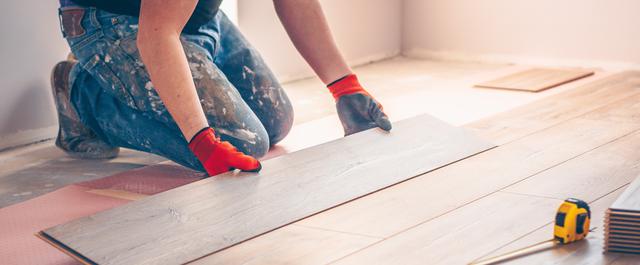
comments